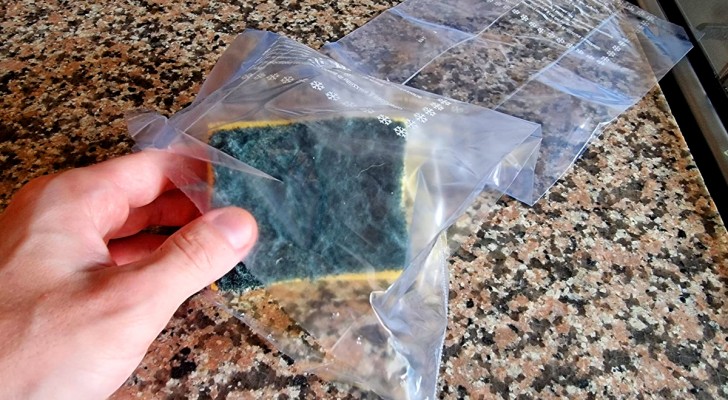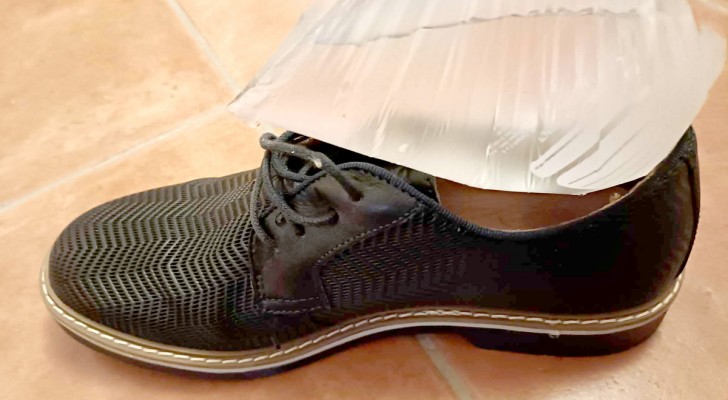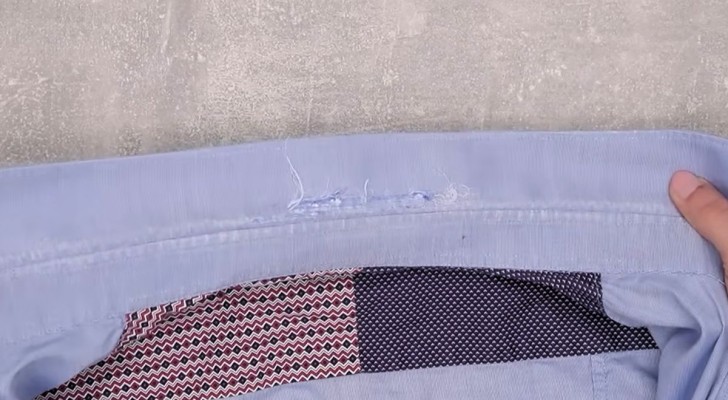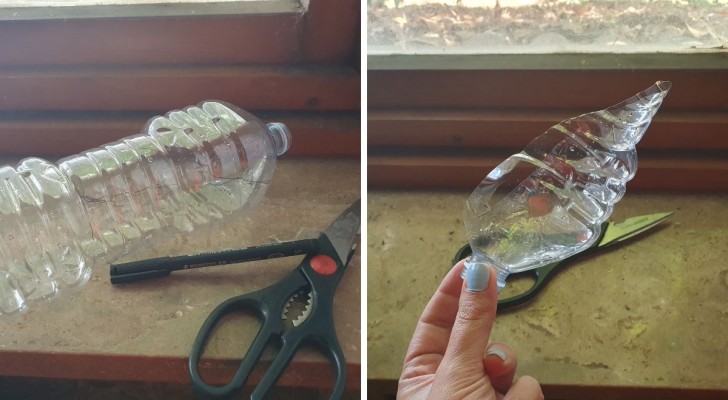Wise use of the washing machine - a more economical and ecological way to do laundry
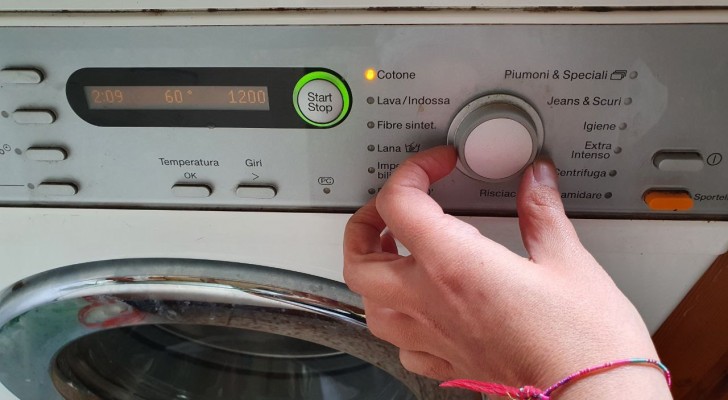
When the washing machine made its triumphal entry into the homes of ordinary people, starting after World War II and then, more widely, in the economic boom of the 1960s, no one imagined how much it would revolutionize our lives. Everyday life began to flow in a much better way for those who - housewives, above all - struggled with hand washing and all the work it entailed. And this meant, among other things, women had more time to devote to themselves and to their own emancipation - a term (and movement) that finally took off at that time.
Today, the washing machine is one of the most used household appliances ever, and no one can do without it nowadays. In fact, washing machines are so integrated into our lives that we end up taking them for granted and without thinking too much about them. This is an undeniable privilege of modernity and industrialization, but it has always had - and continues to have - a negative impact on our finances and on the environment.
The consumption of water, electricity and detergents is amongst the main causes of environmental pollution and costs us a lot in economic terms. Yet all too often, we don't think (or worry) about this.
Here are some suggestions to solve this problem and use our washing machines more responsibly and advantageously:
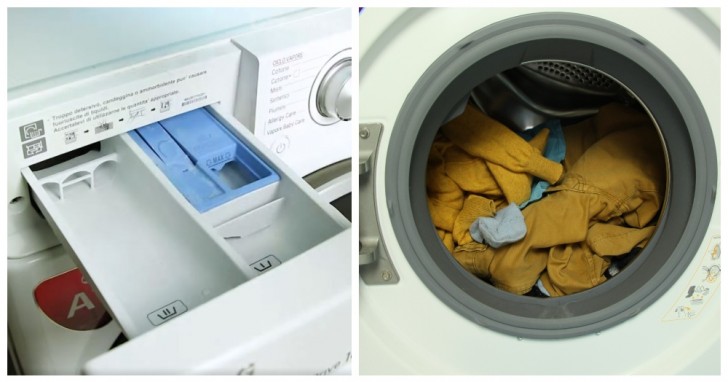
Creativo
The right amount of detergent and a balanced load:
Not everyone knows that half the detergent dosage indicated by the manufacturer on the detergent package is usually enough for the proper washing of mediumly-soiled garments and which are not stained. Try to dose properly and appropriately: you will save money and do a lot of good for the environment.
For the same end, try to always load the drum to its maximum capacity, but without overloading. Try wherever possible to avoiding leaving the drum half empty. You will do far fewer washing cycles and you will save water, electricity and detergent, halving - in addition to expenditure - the environmental impact.
Adjusting the spin cycle and water temperature:
Considering that the spin cycle is among the processes that consumes the most energy, it is be necessary to pay attention to this. For a normal washing cycle of light garments, for example, it is more than sufficient to set the spin cycle to 700 revolutions per minute (700 rpm). Consider this function more frequently and you will reap many benefits.
Using cold water can also greatly help us reduce our energy costs. Knowing therefore that, except in some special cases, many stains will be removed at 30 °C (86 °F) and others will be removed completely in cold water, it is not always necessary to wash at high temperatures. In this case, you also protect your clothes as well as save money and help the environment.
Attention to maintenance:
One last, but not least, piece of advice, is to pay attention to the maintenance of your washing machine by periodically cleaning the drum, filter and gaskets. Only in this way will the appliance always function at 100% efficiency, allowing you to put into practice the aforementioned precautions - and also saving on the cost of replacing a broken machine.

